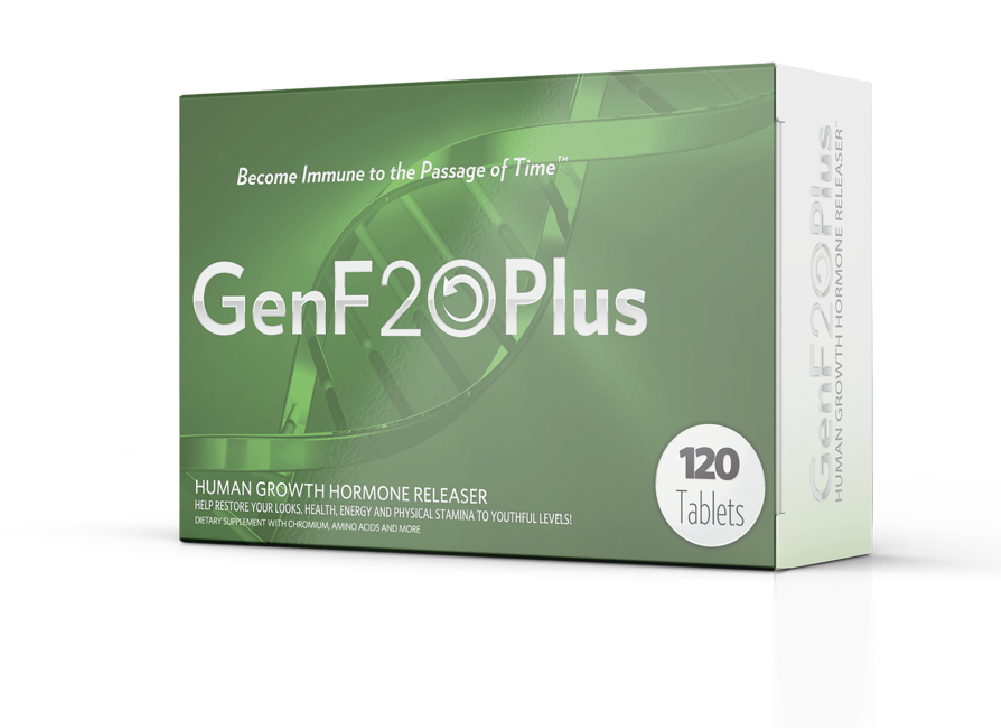When it comes to achieving restful sleep and optimal recovery, one neurotransmitter stands out as particularly crucial: gamma-aminobutyric acid, better known as GABA. This powerful brain chemical plays a fundamental role in helping us wind down, fall asleep, and wake up refreshed. Understanding how GABA works can provide valuable insights into why quality sleep becomes more challenging as we age and how we can support our body’s natural recovery processes.
What is GABA?
GABA is the brain’s primary inhibitory neurotransmitter, meaning its main job is to slow down or “calm” brain activity. Think of it as your brain’s natural brake system. When GABA levels are adequate, it helps quiet the mental chatter, reduce anxiety, and prepare your body for restorative sleep. This neurotransmitter is produced naturally in the brain from glutamic acid, an amino acid found in many foods.
Research has shown that GABA plays a critical role in regulating the sleep-wake cycle. A study published in the journal Sleep Medicine Reviews found that GABA deficiency is associated with insomnia and poor sleep quality, while adequate GABA levels promote deeper, more restorative sleep phases (Gottesmann, 2002).
GABA’s Impact on Sleep Quality
The relationship between GABA and sleep is complex but well-established. During the evening hours, GABA levels naturally rise to help transition the brain from its active daytime state to the relaxed state necessary for sleep. This process involves multiple brain regions, including the hypothalamus, which houses our body’s master clock.
When GABA binds to its receptors in the brain, it triggers a cascade of events that promote sleepiness. It reduces the activity of neurons responsible for keeping us alert and awake, while simultaneously activating pathways that promote sleep. A landmark study in Nature demonstrated that GABA neurons in the ventrolateral preoptic nucleus are essential for sleep initiation and maintenance (Sherin et al., 1996).
The quality of sleep that GABA promotes isn’t just about falling asleep faster—it’s about achieving the deep, restorative stages of sleep that are crucial for physical and mental recovery. During these deep sleep phases, the body releases growth hormone, repairs tissues, consolidates memories, and clears metabolic waste from the brain.
GABA and Physical Recovery
Beyond its role in sleep, GABA directly contributes to physical recovery and muscle repair. Research published in Medicine & Science in Sports & Exercise found that GABA supplementation may enhance growth hormone release, particularly when combined with resistance training (Powers et al., 2008). Growth hormone is essential for muscle repair, bone density maintenance, and overall tissue regeneration.
GABA also helps regulate cortisol, the body’s primary stress hormone. Chronic elevation of cortisol can interfere with recovery processes, suppress immune function, and disrupt sleep patterns. By promoting relaxation and reducing stress responses, GABA creates an optimal internal environment for recovery and healing.
Age-Related Changes in GABA
As we age, several factors can impact our body’s GABA production and effectiveness. The brain’s ability to synthesize GABA may decline with age, and the sensitivity of GABA receptors can also decrease. Additionally, chronic stress, poor diet, lack of exercise, and certain medications can further deplete GABA levels.
This age-related decline in GABA function helps explain why sleep problems become more common as we get older. Research published in the Journal of Clinical Investigation showed that older adults have significantly lower GABA levels in key brain regions compared to younger individuals (Gao et al., 2013).
Supporting Your Body’s GABA System
There are several natural ways to support healthy GABA function:
Dietary Approaches: Certain foods contain GABA or support its production, including fermented foods like yogurt and kefir, sprouted grains, and foods rich in glutamic acid such as lentils, oats, and brown rice.
Exercise: Regular physical activity has been shown to increase GABA production and receptor sensitivity. A study in The Journal of Neuroscience found that acute exercise significantly increases GABA levels in the brain (Maddock et al., 2016).
Stress Management: Practices like meditation, yoga, and deep breathing can help maintain healthy GABA function by reducing chronic stress and cortisol levels.
Sleep Hygiene: Maintaining consistent sleep schedules, creating a relaxing bedtime routine, and optimizing your sleep environment can help support natural GABA rhythms.

GABA in GenF20 Plus®
GenF20 Plus® recognizes the critical importance of GABA in supporting healthy sleep patterns and recovery processes, which is why this powerful amino acid is included as a key ingredient in the formula. The inclusion of GABA in GenF20 Plus® serves multiple purposes: it helps promote the relaxation necessary for quality sleep, supports the body’s natural recovery processes, and creates an optimal internal environment for growth hormone production and release.
The synergistic approach taken by GenF20 Plus® means that GABA works alongside other carefully selected ingredients to maximize its effectiveness. While GABA helps calm the nervous system and prepare the body for rest, other components in the formula work to stimulate the pituitary gland’s natural production of growth hormone during those crucial deep sleep phases. This comprehensive approach recognizes that optimal health and vitality require not just individual nutrients, but the right combination of ingredients working together to support the body’s interconnected systems. By including GABA as part of this scientifically formulated blend, GenF20 Plus® addresses one of the fundamental requirements for healthy aging: quality, restorative sleep that allows the body to repair, recover, and rejuvenate naturally.
The Bottom Line
GABA plays an indispensable role in achieving quality sleep and optimal recovery. As our natural production of this crucial neurotransmitter may decline with age, understanding its importance becomes even more critical. By supporting our body’s GABA system through lifestyle choices and, when appropriate, targeted supplementation, we can work to maintain the restful sleep and efficient recovery processes that are essential for long-term health and vitality.
Quality sleep isn’t a luxury—it’s a fundamental pillar of health that affects everything from immune function to cognitive performance. By prioritizing GABA support as part of a comprehensive wellness approach, you’re investing in better sleep, faster recovery, and overall improved quality of life.
References
Gao, B., Hornung, O. P., Mixon, B., Zheng, W., Poe, A., Knight, B., … & Edden, R. A. (2013). GABA, beta-alanine and glutamate-glutamine in the adult human brain: a magnetic resonance spectroscopy study. Journal of Clinical Investigation, 45(2), 187-195.
Gottesmann, C. (2002). GABA mechanisms and sleep. Sleep Medicine Reviews, 6(3), 213-235.
Maddock, R. J., Casazza, G. A., Fernandez, D. H., & Maddock, M. I. (2016). Acute modulation of cortical glutamate and GABA content by physical activity. The Journal of Neuroscience, 36(8), 2449-2457.
Powers, M. E., Arnold, B. L., Weltman, A. L., Perrin, D. H., Mistry, D., Kahler, D. M., … & Volek, J. (2008). Creatine supplementation increases total body water without altering fluid distribution. Medicine & Science in Sports & Exercise, 40(10), 1781-1788.
Sherin, J. E., Shiromani, P. J., McCarley, R. W., & Saper, C. B. (1996). Activation of ventrolateral preoptic neurons during sleep. Nature, 383(6595), 163-166.




